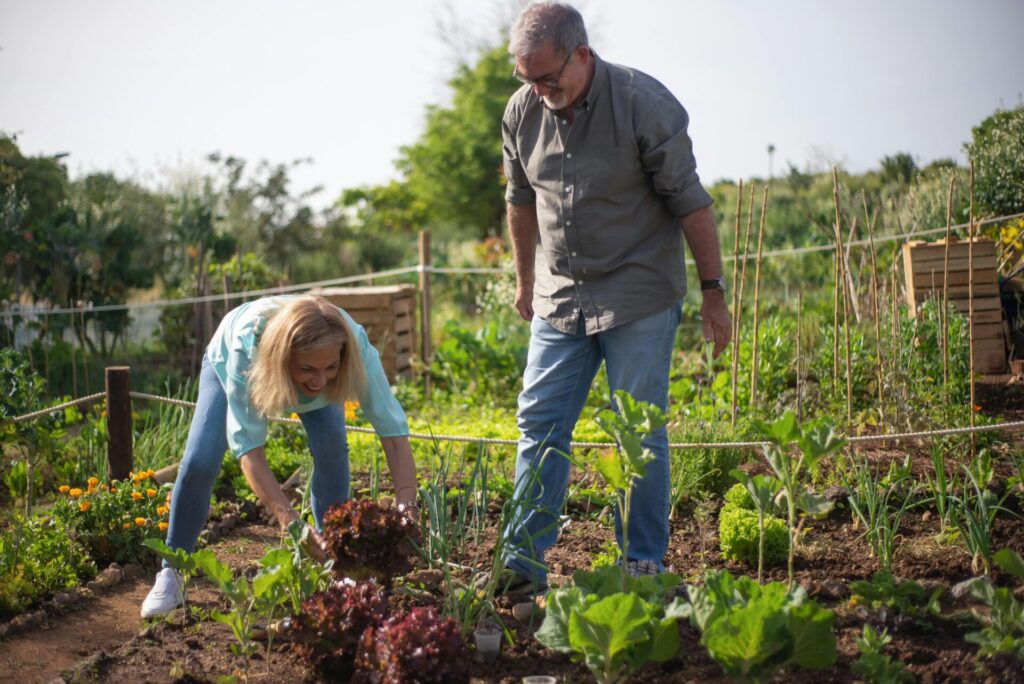
“I have worked hard on my communication skills. I know how to share my feelings, validate others, and assert my needs, but what if sometimes it doesn’t work? What if the other person still does not change their perspective or hear me?“
Of course with all the intention and care you are putting into your relationship, it matters to you that your communication “works.” It is common to worry that you would extend effort, skill, and vulnerability and not feel closer to your communication partner at the end of the conversation. After all, if your goal was not to feel more connected and attuned with one another, you likely would not be initiating your communication with so much care to begin with. This desire to feel your intended change in the moment, however, can put pressure on you and your communication partner. It might set you up for disappointment because it does not reflect how humans often change.
While at first it can seem like a nice idea that we would talk with someone once, using our skills and care, and the relationship would immediately change, so much volatility in our relationships would also be difficult to experience. If human relationships changed that way, the reverse would be true too, and miscommunications and misattuned moments would constantly undermine the care we are building. The patterns in our relationships would change rapidly and dramatically, leaving us with little sense of stability. Both unfortunately and thankfully, it takes more than one conversation for lasting relationship change to happen.
In setting our expectations for immediate conversations, we can be more reasonable with ourselves and others by remembering that reactions in the moment are not always the same as overall responses. When others communicate with you, you likely recall times you have more immediately been guided by fear, sadness, defensiveness, habit, and many other normal human experiences that you may not have purposefully chosen in your response. And then, after some reflection, you might consider other perspectives, seek support, or otherwise come to a conclusion that was more representative of what you want in that relationship. Your communication partners are the same way! Even if they seem to not hear you in the moment, it is unlikely that they are not thinking about your conversation after the fact. Whether that thinking leads them to a response that brings you closer or keeps you both stuck will depend, just as it does for you, on their skills, resources, and supports. And you get to be one of those supports!
So if what we say in the moment does not create relationship change on its own, what does? Change happens through practice over time, just like in other areas of your life! Human brains sometimes manage behavior with active, purposeful choice, but more often we operate on habit and prompts from our environment. This is a good thing, as it would be exhausting to have to manually recall and perform each step of our day, such as making coffee or driving to the pharmacy, as if it were a new task. This also means that after you have an important conversation with someone else, the habits and prompts that have supported how your relationship used to go are still in place.
Rather than thinking of our conversations as change in themselves, we can see them as seeds we are planting. The skills, care, and setup we put into the conversation act as the quality soil we plant them in, and they will continue to need care afterward. We can set compassionate expectations by knowing that planting seeds today will not give us flowers tomorrow, but watering and weeding will support their growth so we can enjoy them over time. This means that following our caring conversations, we can expect to kindly remind each other of changes we are trying to make and set up our environments to prompt us to make those changes. The more consistently we tend to the changes we want to see, the more our relationships will thrive!
Along the way as we tend to our relationships and work together toward change, there may be setbacks, difficult moments, and barriers. With commitment and care, you and your communication partners can continue to grow the seeds you plant in your conversations together. Reaching out for support is a courageous and compassionate way to do that, too. At Capital Crescent Collective, we would be proud to be by your side as you work toward change, whenever you are ready!
 This post was written by Anna White, an experienced, neurodiversity-affirming independent family therapist at Capital Crescent Collective in Bethesda, MD.
This post was written by Anna White, an experienced, neurodiversity-affirming independent family therapist at Capital Crescent Collective in Bethesda, MD.
